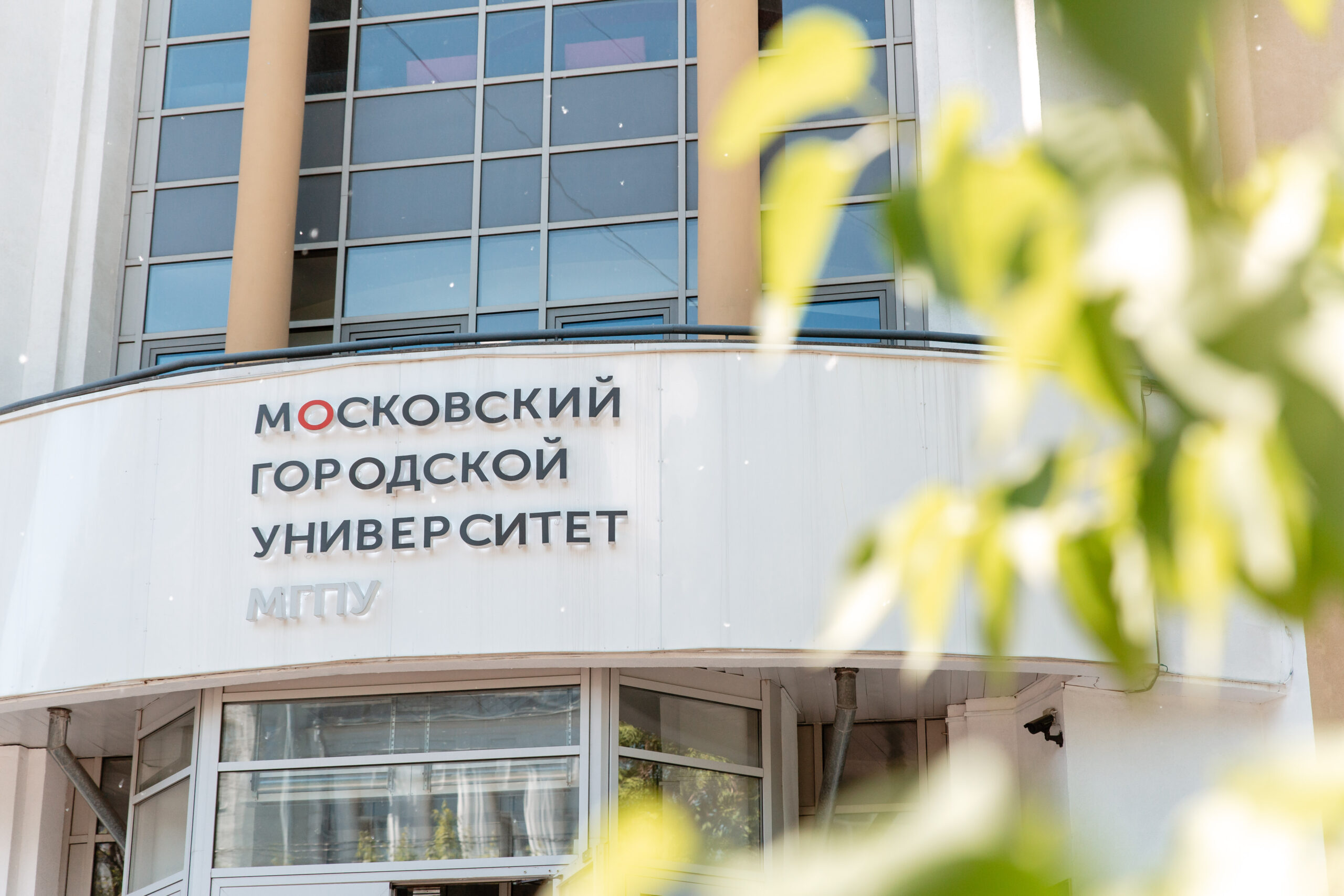A research group at the Institute of Foreign Languages, led by Director Elena Tareva, has completed a large-scale project comparing policies and support measures for STEM education in Asian and European countries. The goal of the project was to identify the most effective models of organizing STEM education and to develop practical recommendations for their adaptation in Moscow’s educational institutions. The researchers focused both on global trends and on specific mechanisms for implementing STEM policies, including student motivation, teacher training, regulatory frameworks, and financial support.
The study produced a number of important results:
-
Methodological foundations were developed for conducting comparative research in the field of STEM policy.
-
A comparative analysis of STEM education policies and concrete support measures in Asian and European countries was carried out.
-
The current state of STEM education in Moscow schools was examined.
-
A database of best practices successfully implemented in Asian and European educational systems was compiled.
-
A digest brochure was prepared, presenting the key findings of the study in a concise and accessible format.
-
A set of practical recommendations was developed to improve both core general education and supplementary programs in institutions under the Moscow Department of Education and Science.
The research provides a solid scientific and methodological basis for the further development of the STEM environment in the capital. The identified global trends and best practices will make it possible to selectively adapt and introduce the most effective mechanisms for fostering students’ interest in the exact and natural sciences, which in the long term will contribute to training highly qualified specialists for key sectors of Moscow’s and Russia’s economy.
Photo: MCU

